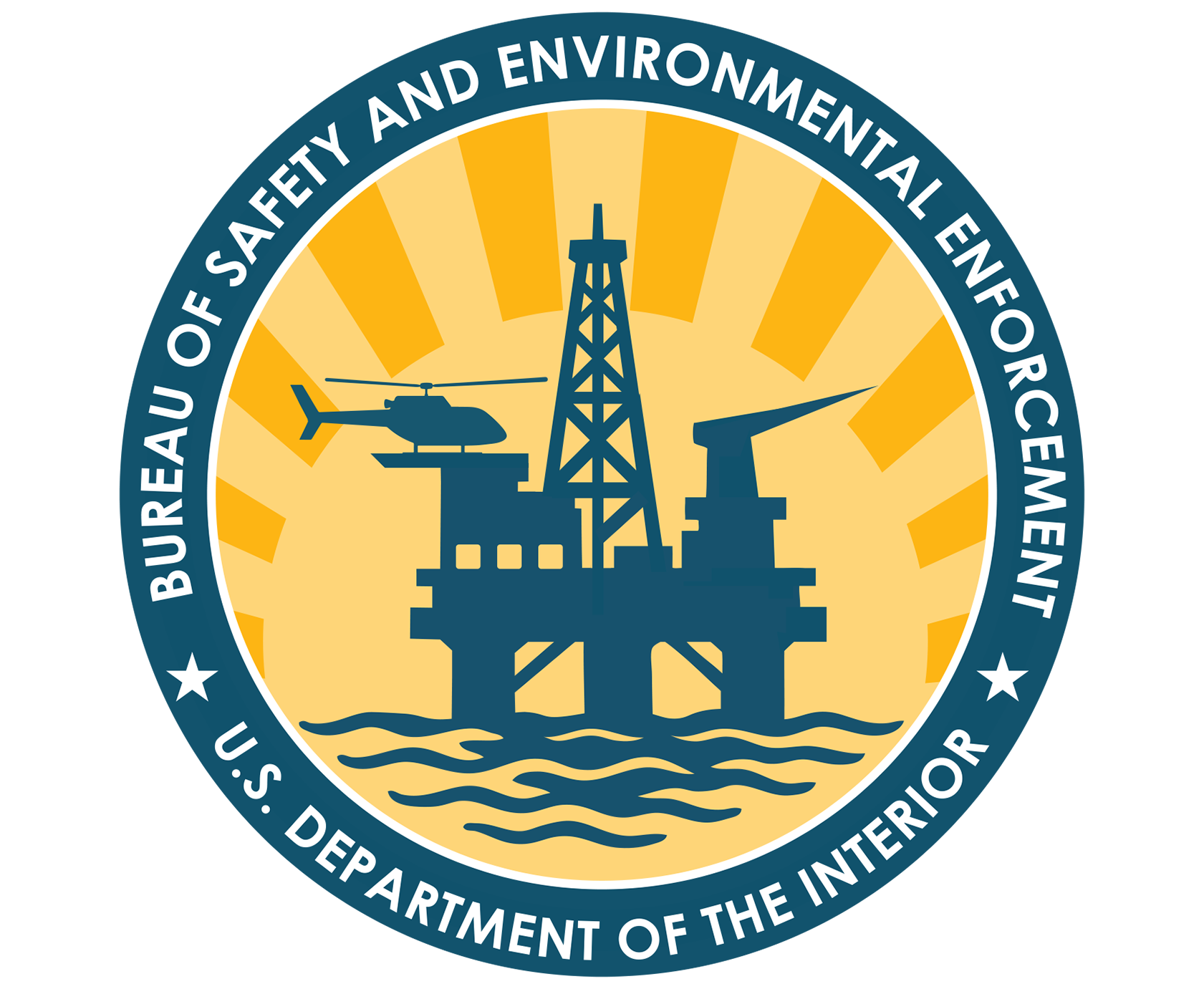This is a Joint Industry Project (JIP), sponsored by Minerals Management Service and the Research and Special Programs Administration. The project will study the application of fracture mechanics techniques to problems relating to the maintenance and safety of pipelines and pressure cylinders. The goal is to assess the importance of different types of weld defects in pipelines from the viewpoint of fracture mechanics; the effect of flaw orientation on the load carrying capacity of pipes and pressure cylinders; the analysis of the problem of crack arresters in pipelines containing an axial crack; and the mechanisms of corrosion fatigue in pipeline steels. The program will be carried out along two parallel lines: analytical work to develop the methodology for the treatment of typical flaw configuration and loading conditions in pipelines and cylinders, and experimental work on the mechanisms of environmentally enhanced fracture and fatigue of pipeline steels.
Completed. A theoretical fracture model was developed which is applicable to a part-through crack in pipes. An experimental program was carried out on a 20-inch diameter, 0.344 inch thick pipe in order to observe the evolution of the fracture failure, to check the calculated stress intensity factors, and to verify the ductile fracture model. Several 19- foot long sections of pipe were subjected to a four-point bending load under a cyclic loading condition.
